
Ahead of FinovateEurope, we spoke to Valentina Kristensen,
Finovate: How did you start your career?
Valentina Kristensen: My career in communications started at Lansons. I was introduced to the agency by someone I met at a CIPR (Chartered Institute of Public Relations) “drinks and links” event who told me they were looking for recent grads to join their trainee programme. I had sat my final exam at university two months earlier and was a week away from finishing a PR internship, so I was looking for a job in the industry. I really liked the look of Lansons and their clients, so applied, went for various interviews and a test, and was fortunate to get the job. It was 2011, so the midst of the financial crisis when a lot of companies were still undergoing hiring freezes, so I was very lucky to get it when I did!
Finovate: Tell us a little about the work you did when you started at Lansons and how that led you to fintech.
Kristensen: My first client at Lansons was Metro Bank which gave me my first foray into challenger/disruptor brands and from there, I was hooked. “Fintech” as a concept wouldn’t become mainstream for a few more years, but my time at Lansons gave me exposure to a number of challenger brands across different financial services areas – wealth management, alternative lending, pensions, banking, etc. – so I was well-versed in the “fin” of “fintech” by the time I decided to specialise in fintech.
OakNorth was a client of mine – I joined the account in June 2015, so before OakNorth had launched, done their series A, got their first client, etc. A few months after the launch in September 2015, I was seconded as things were getting busier, and from my first day, I absolutely loved it. I loved the work, I loved the challenge, I loved the team and leadership, culturally it was a great fit, and I believed in OakNorth’s mission and what it’s trying to achieve. So I emailed Rishi and Joel (our co-founders) asking to meet with them to discuss an idea I had, and then two days later, I gave them the elevator pitch as to why I felt they should hire me full-time.
Finovate: Bold!
Kristensen: Granted, it was a ballsy move, but I’d have always regretted if I didn’t go for it and fortunately, both Rishi and Joel were very receptive, so it was a risk that paid off! I joined full time in July 2016 and it’s been quite a journey ever since – going from a start-up to where we are today with a £2.6bn loan book, c.300 people across the group, offices in multiple markets, over $570m raised and a $2.3bn valuation.
Finovate: What was your lightbulb moment?
Kristensen: It was during my secondment – it was a Thursday after I’d left the OakNorth offices and I was on my way to meet some friends for dinner. I was on the tube and it just hit me – “I want to work for OakNorth. That is where I should be.” And that was it. By the time I arrived at the restaurant to meet my friends, I was so excited and had drafted a pitch to Rishi and Joel in the notes section of my phone! If I’d been too afraid to take the chance, it’s very likely that I would have missed the opportunity and wouldn’t be here today.
Finovate: Do you think we see too few women in fintech? Why do you think this?
Kristensen: Unfortunately, yes, but with every year that passes, I feel like I’m seeing more and more women pursuing careers in these industries, more and more women speaking at and attending industry events, and more and more women in leadership roles at finance and fintech companies.
I think the reason that historically (and still today) numbers are low is because there’s still not a strong pipeline for encouraging women to enter these fields and move up the ranks into senior roles in these fields.
Finovate: How can businesses improve this?
Kristensen: I’ve seen loads of great initiatives – blind CVs, the Women in Finance Charter, the Fintech Parity Pledge, gender pay gap reporting as it helps to highlight gender disparities at different levels of organisations – and institutions – FinTECHTalents which I’m on the steering committee for, Code First: Girls (I’m actually starting their 8-week coding course this month which I’m really excited for!), Raspberry Pi which is training 40,000 teachers on computing and coding so that every child (boys and girls) in the UK can learn computer science…These are just a few examples, but businesses could partner with these institutions or commit to some of these initiatives and I’m sure we’d see numbers improve.
At OakNorth, we work with schools and universities to do anything from a guest lecture or Q&A session on getting into fintech, all the way through to larger initiatives whereby we sponsor a series of talks and events specifically aimed at encouraging girls and young women to consider STEM industries for their future careers.
Finovate: What advice do you have for women starting their career in FinTech?
Kristensen: My advice isn’t really women specific, as I think it’s relevant for anyone starting their career in the industry – take every opportunity to learn and meet new people. There are loads of free industry events that are great for doing this such as: the Monzo open office days or Fintech Insider After Dark Live. Also, make sure you subscribe to relevant podcasts as they’re a great way to get to grips with all the different parts of the industry and discover which one excites you most – some I listen to are: Fintech Insider from 11:FS, Rebank: Banking the Future, and Breaking Banks.
Finovate: What tech innovations are you most excited about this year?
Kristensen: Well what we’re doing at OakNorth – applying big data and machine learning to SME lending – clearly excites me! But beyond that, I think anything in regtech is also super-interesting as it affects pretty much everyone working in the industry, and could have a 10X impact on their ability to securely service customers without jeopardising on the speed or quality of the user experience.
Finovate: So, what will the future of fintech look like?
Kristensen: It depends on how far into the future we look! In the next five years, I think we’ll see more consolidation amongst small-to-medium sized fintechs, IPOs from some of the larger ones, more unicorns being born (and some dying), and (hopefully) more fintechs proving that pursuing growth and pursuing profits are not mutually exclusive!
A look at the companies demoing live at FinovateEurope on February 12 through 14, 2019 in London, U.K. Register today and save your spot.
 Presenter
Presenter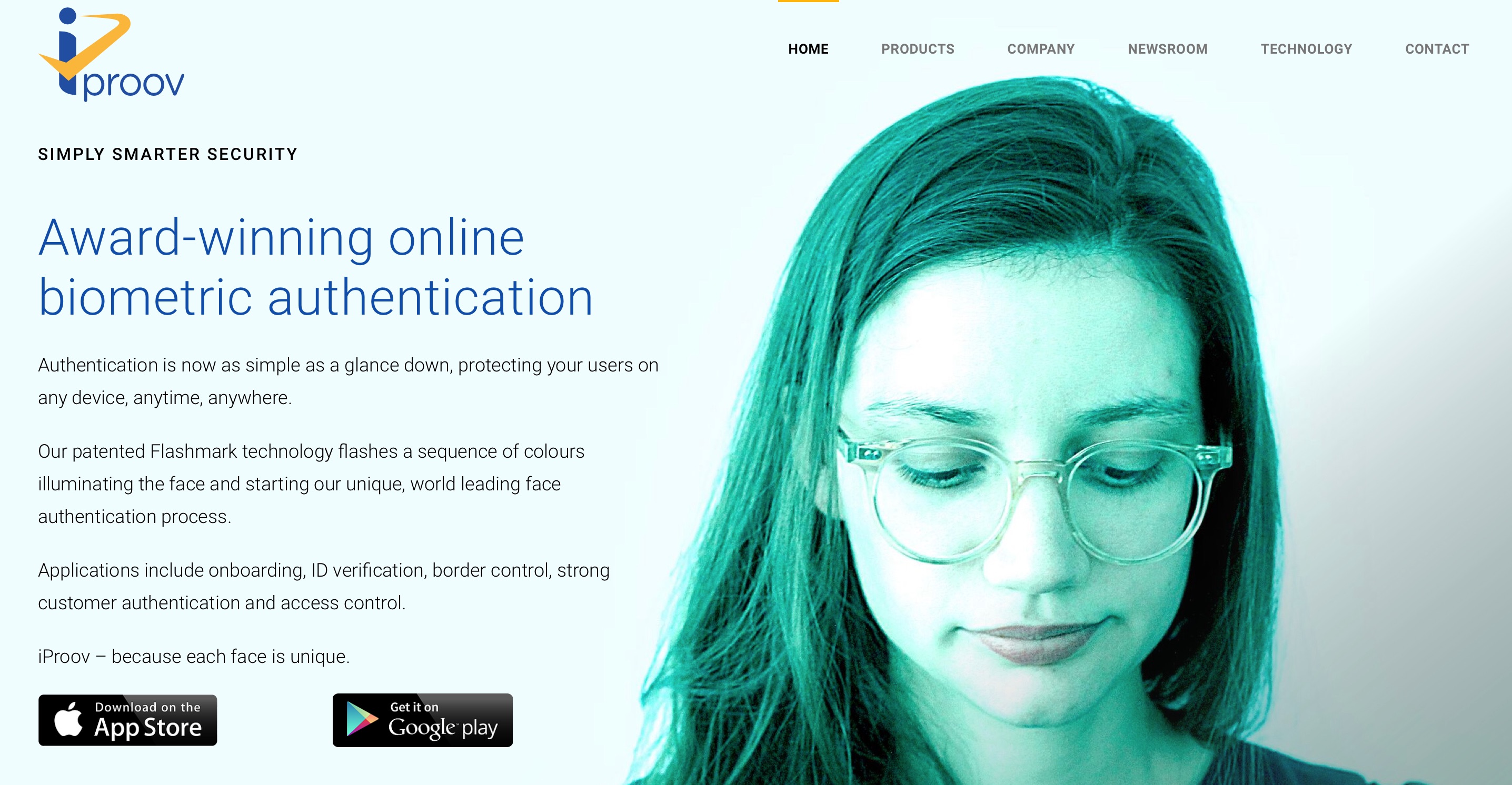
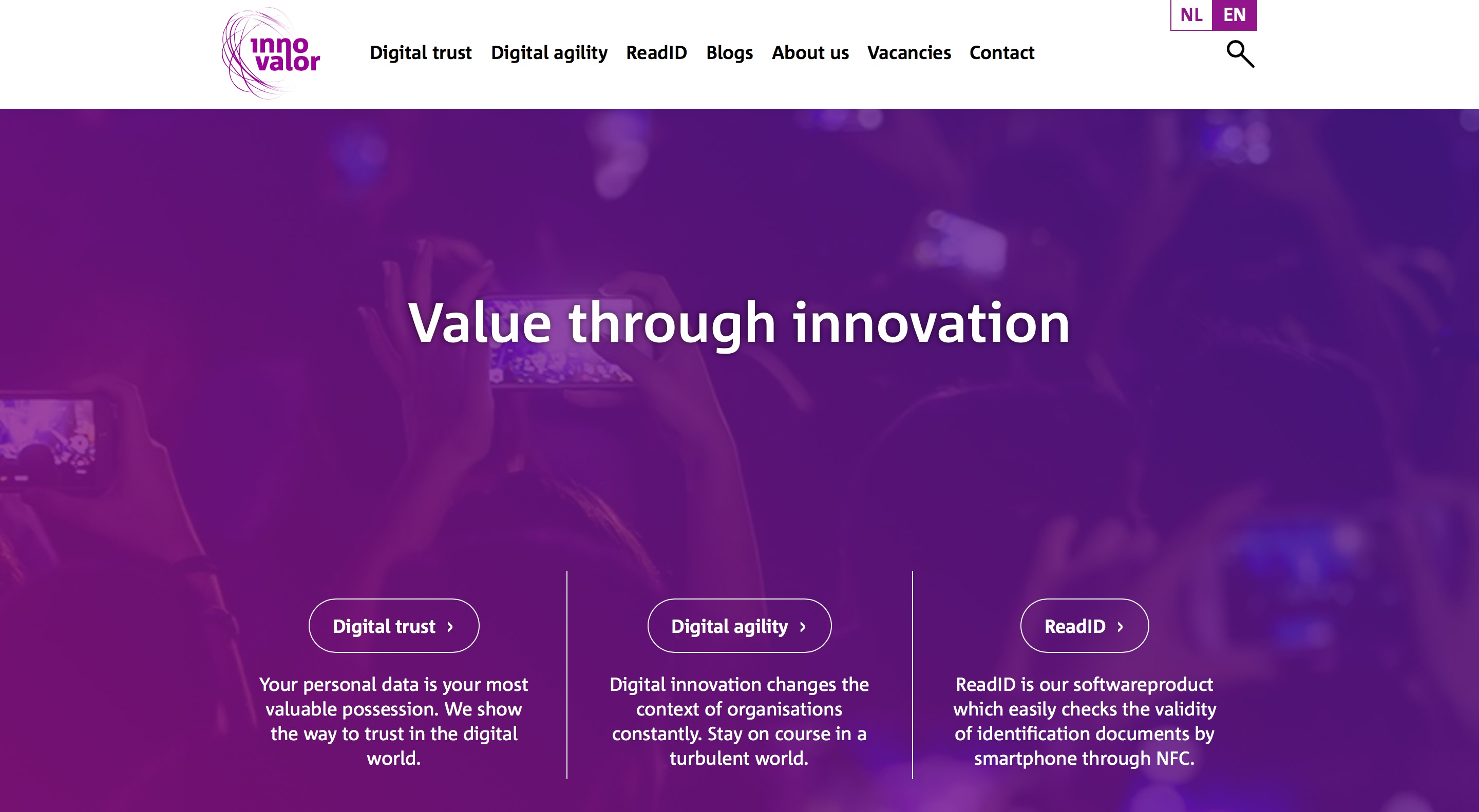
 Presenter
Presenter

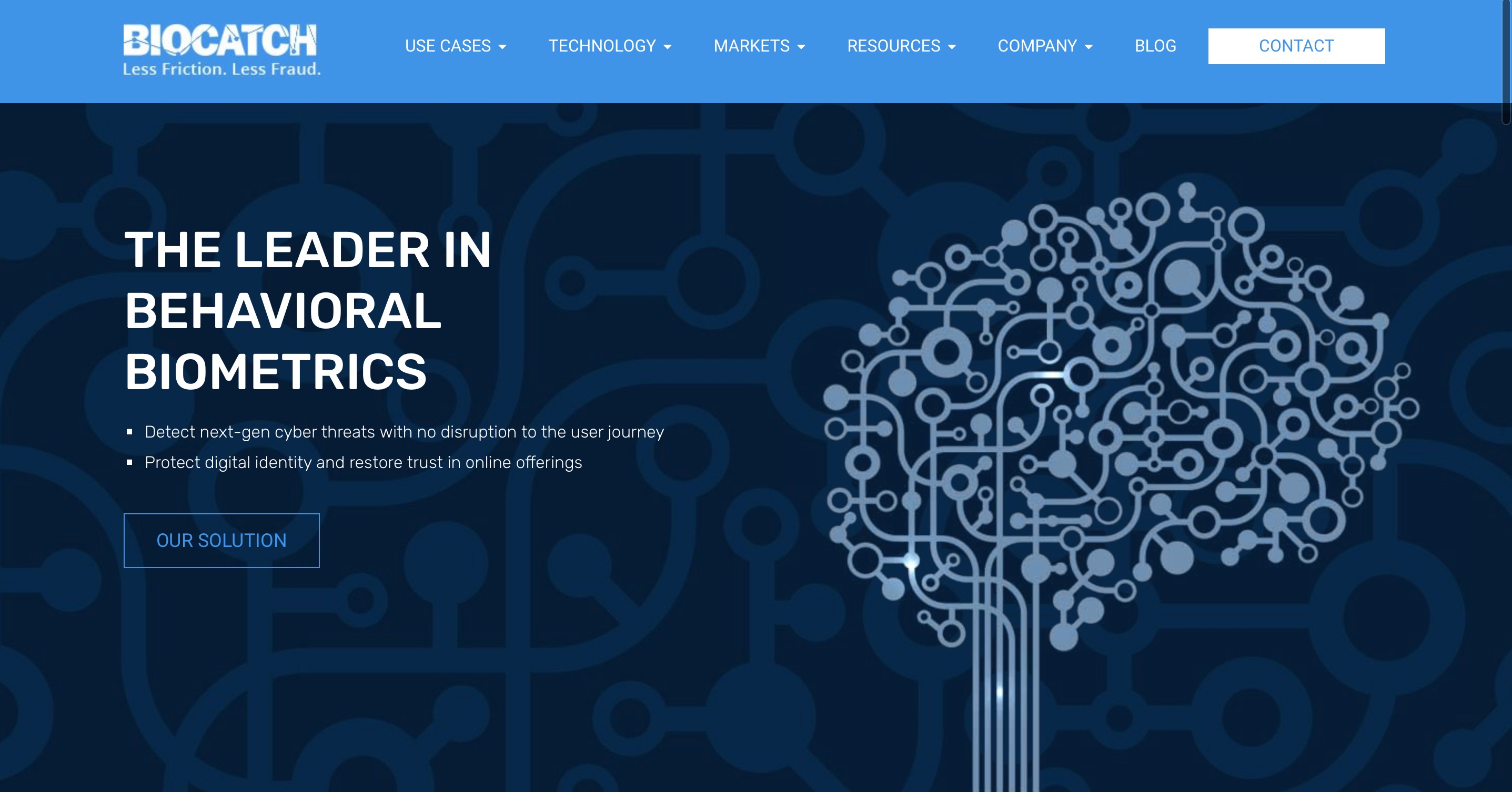



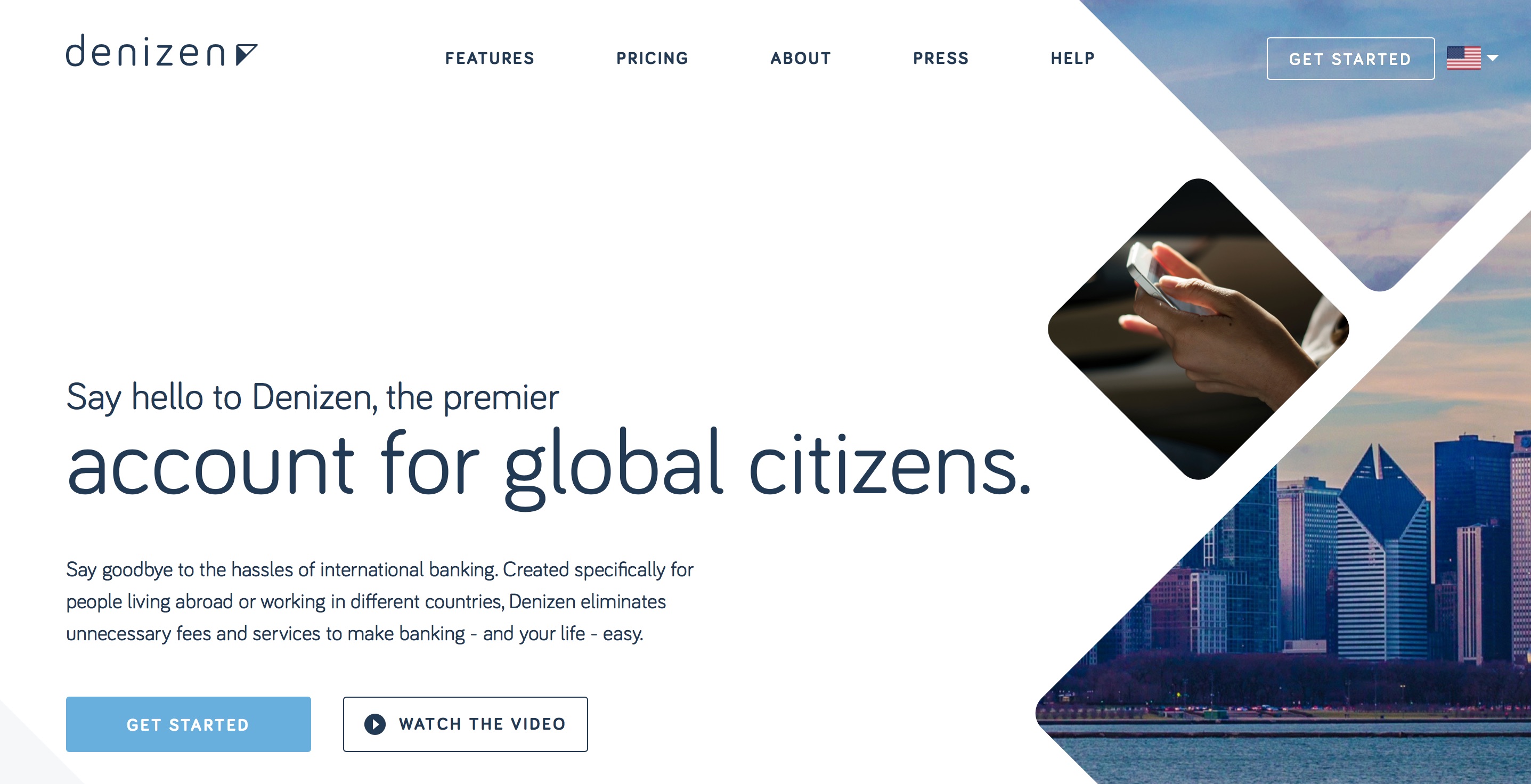
 Presenter
Presenter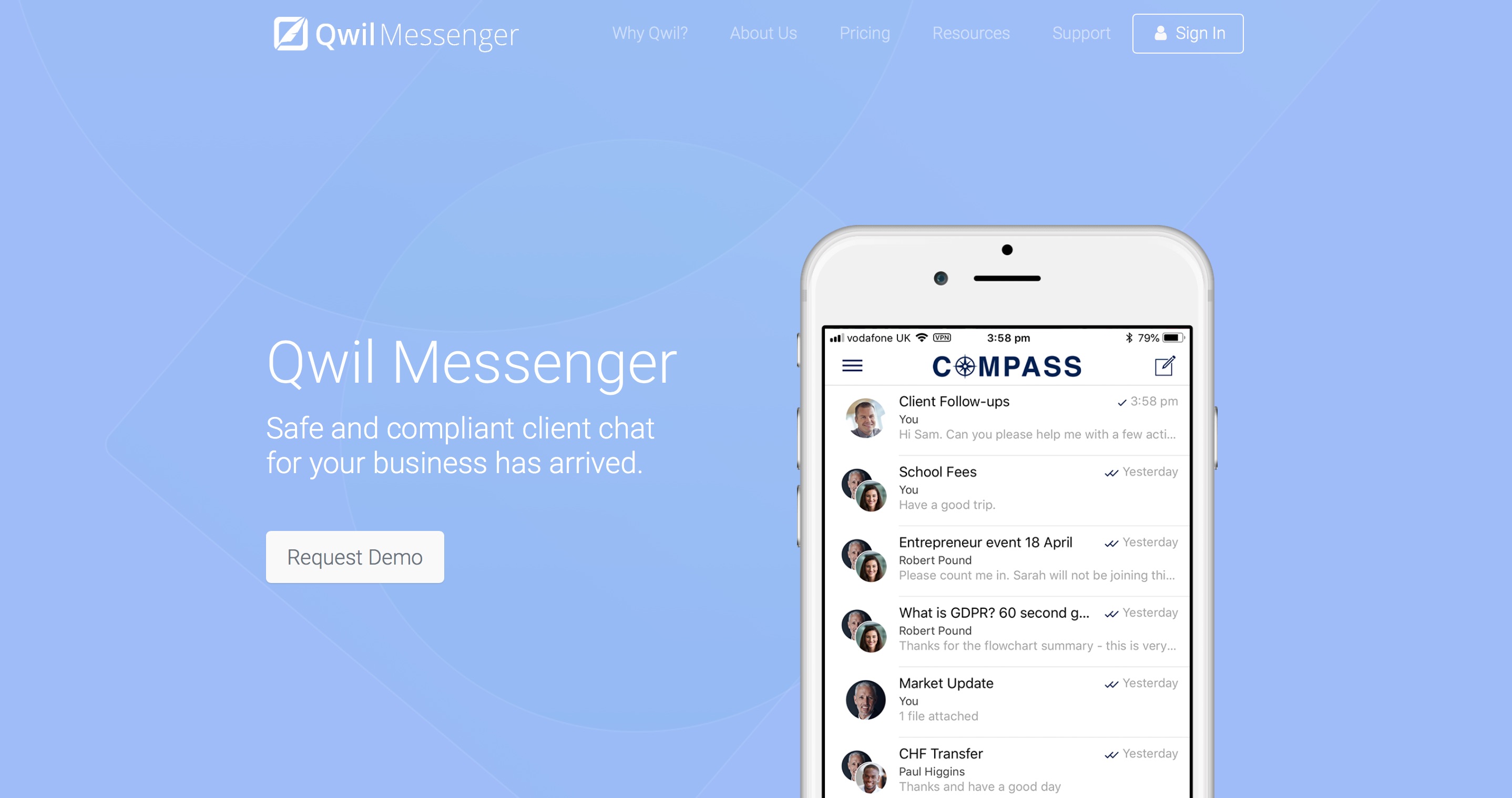
 Presenters
Presenters Laurent Guyot, Strategic CFO
Laurent Guyot, Strategic CFO


 Presenter
Presenter Emmanuel Anton, Chief Product Officer and Founder
Emmanuel Anton, Chief Product Officer and Founder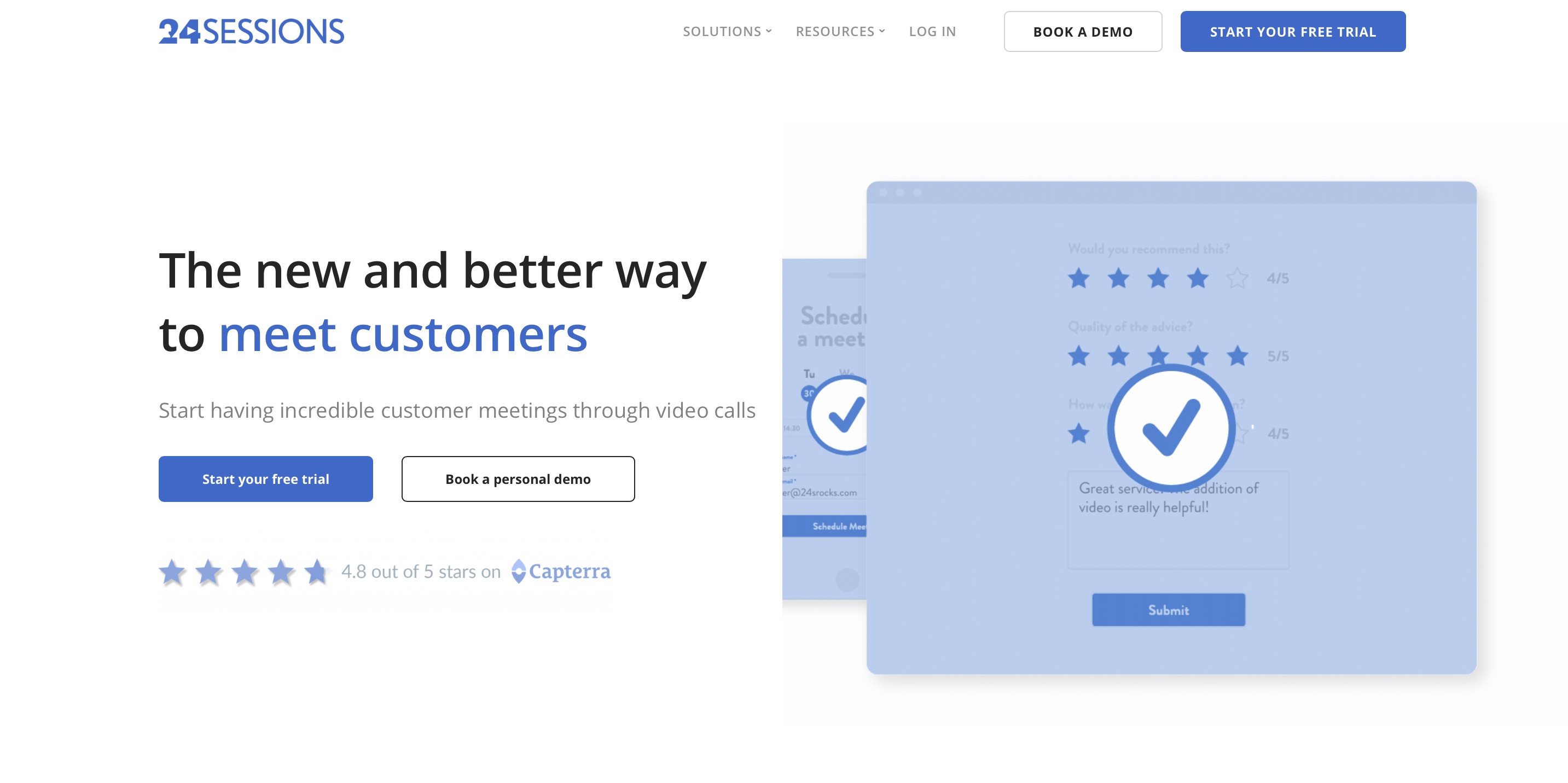
 Presenter
Presenter